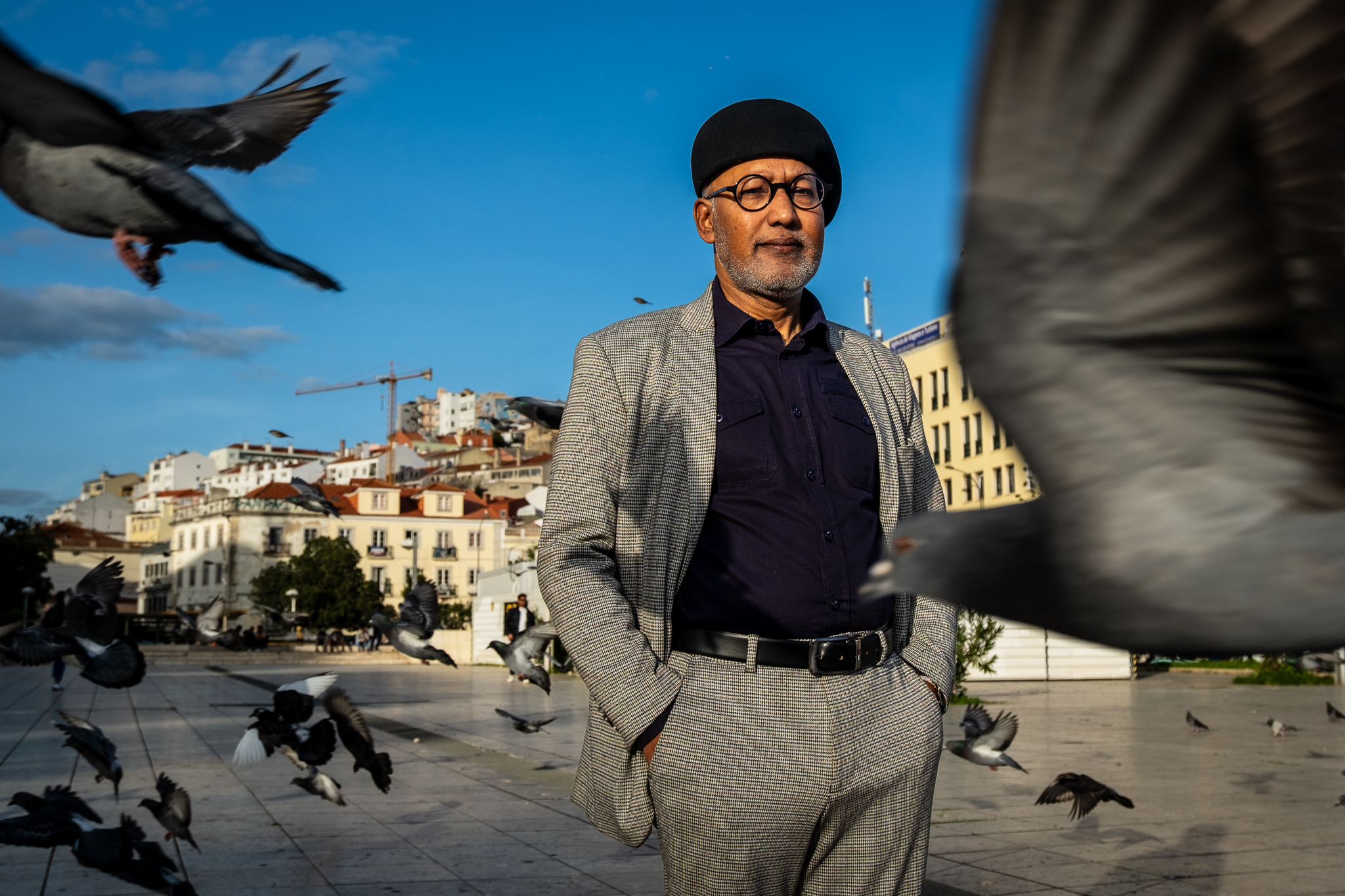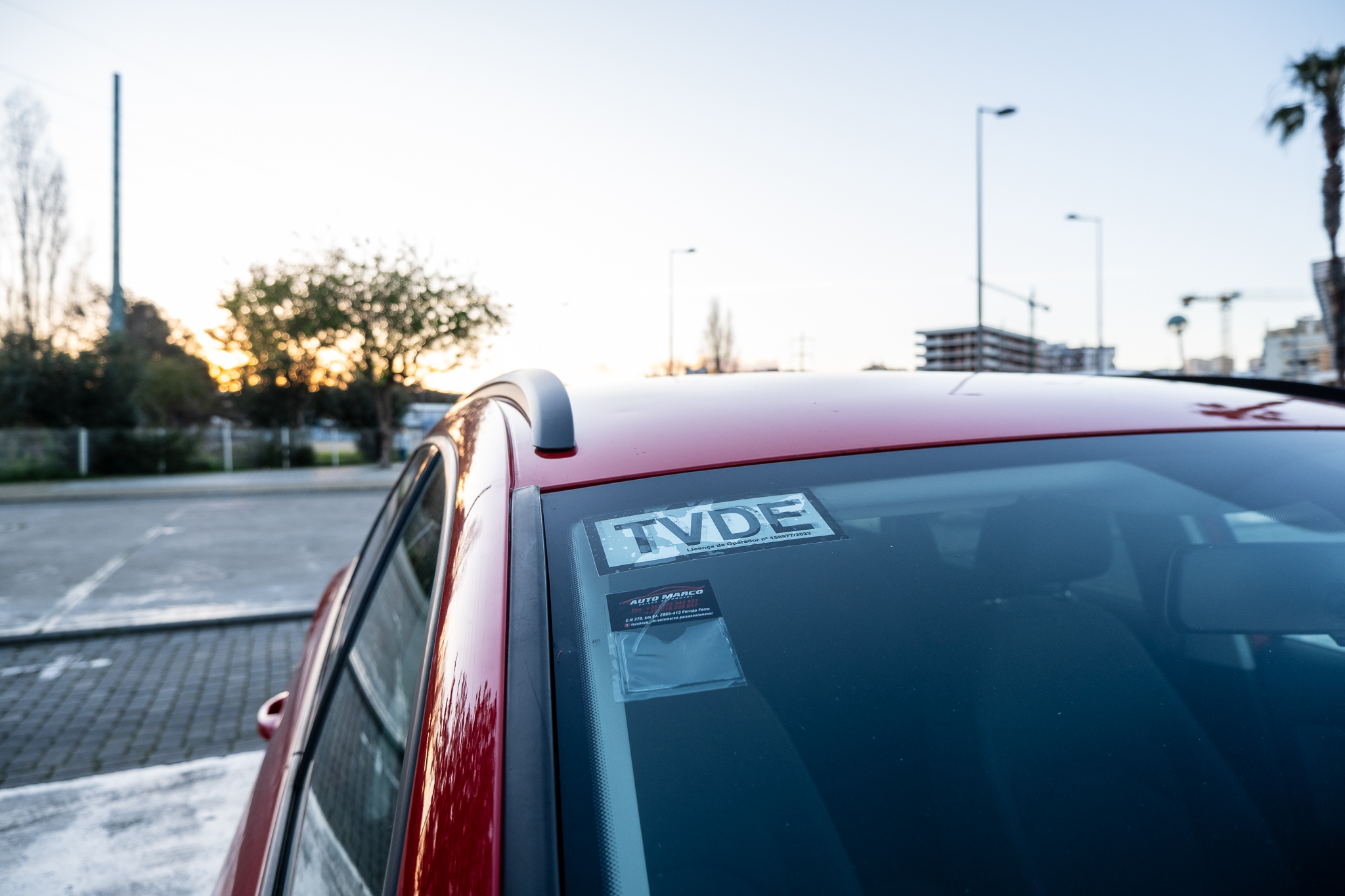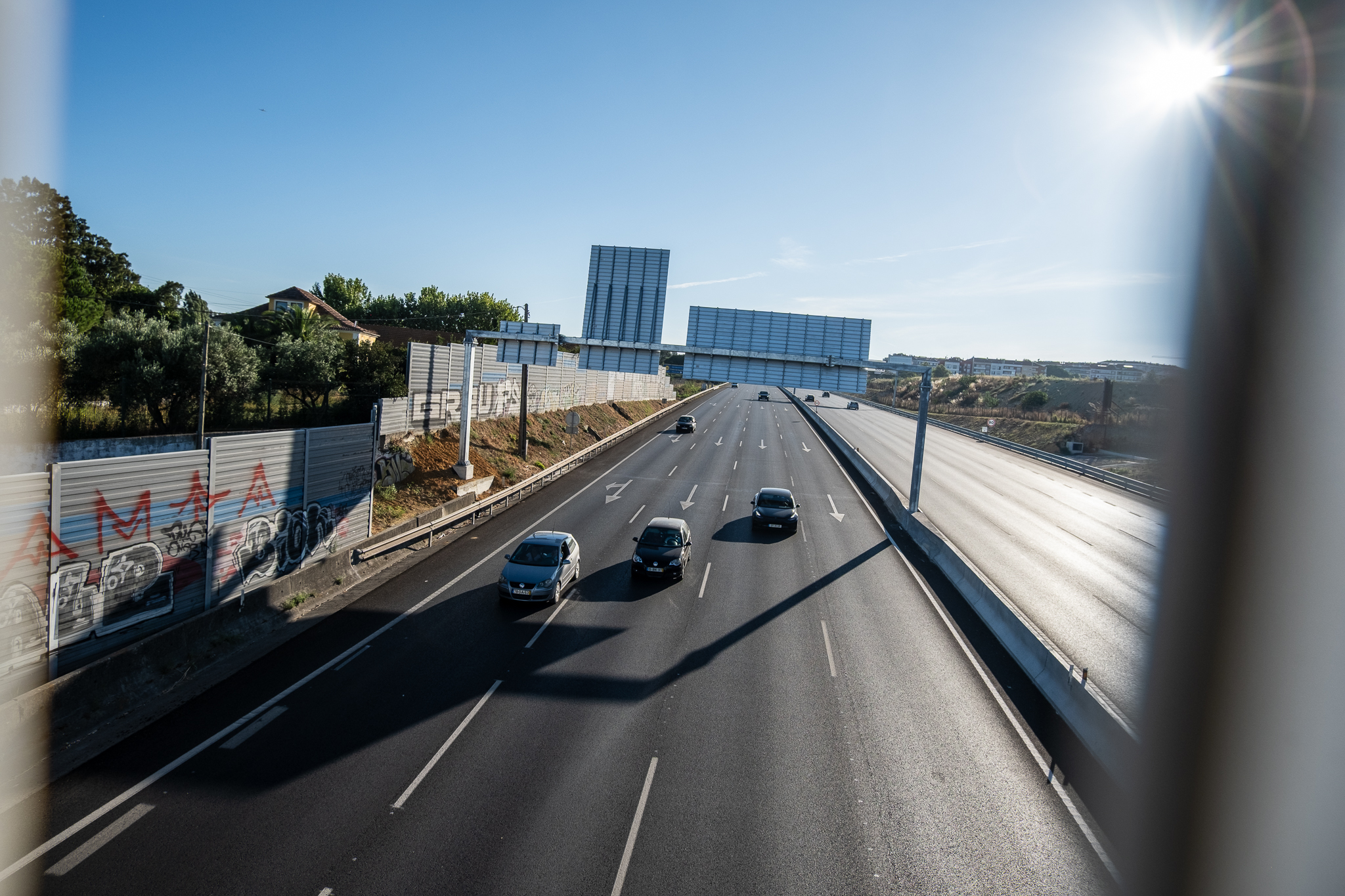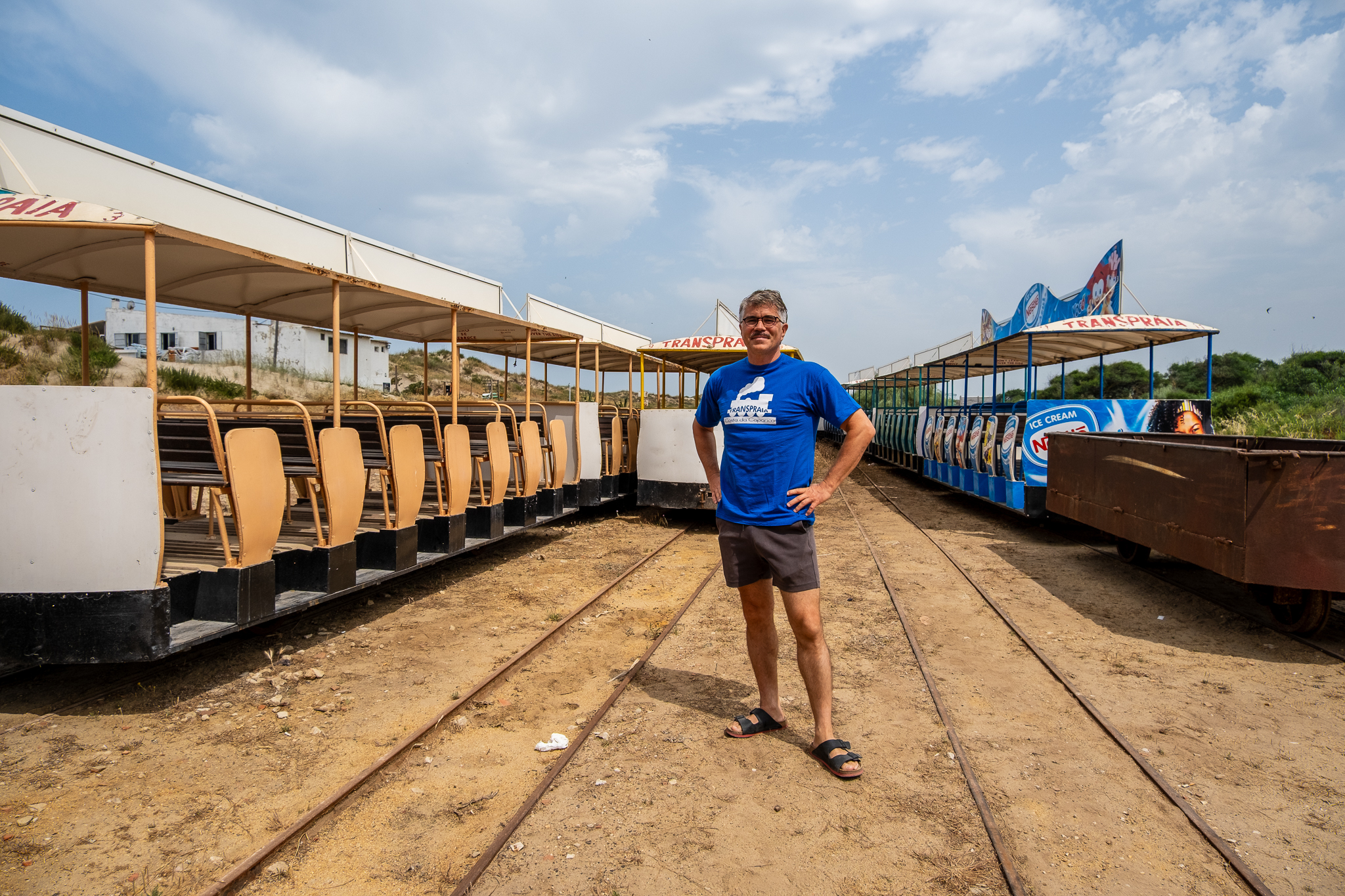"By the end of the year, we will dissolve Soflusa and Transtejo will incorporate the company's assets, liabilities and workers. This is the promised merger," said Environment Minister Duarte Cordeiro at a parliamentary hearing.

For passengers, Transtejo and Soflusa are now one and the same. The two companies jointly provide river transportation in the Lisbon metropolitan area through the TTSL "brand", and also have a common administration (which changed after the controversy surrounding the batteries). However, the government will effectively make Transtejo and Soflusa a unit.
The Minister for the Environment, Duarte Cordeiro, has announced the end of Soflusa and the integration of everything the company currently has, including its workers, into Transtejo. "Today I am in a position to guarantee to this committee that, by the end of the year, we will dissolve Soflusa and Transtejo will incorporate the company's assets and liabilities and its workers. This is the promised merger"said the minister at a parliamentary hearing on Economy, Public Works, Planning and Housing Committee. "We were convinced that it didn't make sense to keep two river operators operating in the same region. It was a division that made no sense."

"The merger of these two companies will allow harmonization of conditions for workers and greater management flexibility, both in terms of human resources and equipment"Duarte Cordeiro explained. Although Transtejo and Soflusa have a common administration, human resources were divided, as were the boats. Specifically, Soflusa only operates one river connection, Lisbon-Barreiro, with ships that are not used on the other connections, which are all Transtejo's, as they are operated by Soflusa people and resources. By becoming a single company, there is greater flexibility: all the ships, people and other resources now belong to the same company, which can manage them with a view to a common passenger service.
Transtejo provides the river connection between Lisbon and the municipalities of Montijo, Seixal and Almada (Cacilhas, Porto Brandão and Trafaria), while Soflusa provides the connection between the capital and Barreiro. Transtejo was created in 1975 as a result of the nationalization of river transport and the merger of the five companies that then operated the five connections on the Tagus. Soflusa, on the other hand, was set up in 1993 to continue the connection between Lisbon and Barreiro, which until then had been run by CP - Comboios de Portugal; in 2001, Transtejo acquired the whole of Soflusa and the two companies were merged under a common management. Since then they have operated together as a group of companies, TTSL (Transtejo Soflusa). In 2013, the merger of TTSL with Metro and Carris was announced, creating the "Transportes de Lisboa" brand, a process that was eventually reversed in 2017 by António Costa's government.
Fleet constraints solved with new electric ships, says Minister
Duarte Cordeiro said that in technical terms it was not a merger, but a dissolution with integration into another company, safeguarding all the workers' labor concerns. The Minister also pointed out that river transport in the Lisbon metropolitan area has registered "a growth in demand that has made it possible to exceed the number of passengers in 2019 in the first nine months of 2023. Until September, companies carried 4.6 million passengers, 3% more than before the pandemic". This growth was recorded despite all the many constraints that passengers have experienced on the Tagus crossing, with frequent cancellations. Duarte Cordeiro acknowledged these problems, pointing out that they are "the result of an ageing fleet" with which TTSL operates and which "will only be surpassed with the arrival of the new ships".

On this point, he said that the first electric ship, delivered in March with battery, has already carried out all the necessary tests, that there are three in the Spanish shipyard Astilleros Gondán waiting for the tests to begin and that "construction of the rest of the fleet continues apace" - a total of 10 electric-powered vessels have been ordered. At the same time, the The Court of Auditors has already granted the necessary approval to the contract for the supply of batteries to be installed on nine of the 10 ships ordered. The battery issue has been resolved, after the controversy in the first quarter of this yearAn international call for tenders resulted in the consumables being awarded to Astilleros Gondán - the shipyards that are building the vessels - at a cost of close to 16 million euros.
According to Transtejo's timetable (which is one of the two companies actually buying the ships), revealed by Duarte Cordeiro, the Seixal loading center will be completed in December, followed by Montijo (in February 2024), Cais do Sodré (in May) and Cacilhas (in June).
The Minister explained that the first electric ship, named the White Stork, is expected to start operating later this year. "Transtejo is analyzing the possibility of bringing forward electrical operation with just one ship, thus reducing the constraints of the operation that still exist as a result of the aging fleet with which it operates"he explained. If this is brought forward, the Cegonha-Branca could start sailing on the Tagus by December. The aim of the Ministry and Transtejo is to have "the entire operation of the connection between Seixal and Lisbon exclusively in electric mode" in the second quarter of 2024, "thus bringing forward by a quarter what had been announced" and starting to offer "a reliable, safe, comfortable and sustainable service".

Today, according to Duarte Cordeiro, "only the Barreiro operation [which is Soflusa's responsibility] has ensured an adequate number of ships", where, "For the other connections, there are no reserve ships. Or, in the case of Cacilhas, the operation is carried out even with one less ship than necessary", which has led to permanent schedule cuts. Even so, the regularity rate of river transport has been improving, i.e. there have been fewer unplanned cancellations. According to the government official, Soflusa's is 97.2% and Transtejo's is 89.2%. "This year, service cancelations were mainly due to breakdowns or scheduled maintenance on the fleet"he said, indicating that "breakdowns and an insufficient fleet accounted for 43% and 47% respectively of the journeys cancelled at Transtejo". At Soflusa, the constraints are due to the collision between a boat and a Maritime Police speedboatwhich took place at the beginning of the year.
More human resources in companies
With regard to the lack of human resources, Duarte Cordeiro guaranteed that, by the end of this year, the human resources of the two companies will have 461 employees, 5% more than at the end of last year, and that, with the integration.., "there will also be more efficient management of human resources". "In September 2023 there were 438 employees in the two companies together, which is the highest number since 2018. Our goal is not just this. If all goes well and we're successful in the open tenders, we want to reach 460 workers across the two companies"said the Minister.
Faced with the announcement of the merger between Soflusa and Transtejo, which had already been discussed by the Minister at a hearing in February and which has now been confirmed, PCP MP Bruno Dias warned of the need to ensure that there is no contamination of problems between companies, questioning whether measures are being taken to hire workers to meet the needs already raised today. "Making management more flexible with the merger will bring about a situation that is easy to happen, which is the contamination of problems. If today is bad, tomorrow will be worse and the blanket is short"said Bruno Dias, also reporting that the growth in passenger numbers has resulted in boarding halls being full and people being forced to wait for the next boat.

Duarte Cordeiro spoke at a parliamentary hearing within the scope of requests presented by the PCP, PSD, PS, BE and IL on the acquisition of electric and battery ships by Transtejo. In addition to the Minister for the Environment, the former and current chairwomen of Transtejo's board of directors were also heard, Marina Ferreira e Alexandra Ferreira de Carvalhorespectively, as well as former Environment Minister Matos Fernandes.
The battery purchase process led to the resignation of Transtejo's management in March, after the Court of Auditors accused the company of "failing to tell the truth" and illegal and unreasonable practices. At issue was the purchase of nine batteries, for 15.5 million euros, in an additional contract to another contract previously inspected by the TdC for the acquisition, for 52.4 million, of ten new battery-electric ships (one of them already with a battery, for testing), to ensure the public passenger transport service between the two banks of the Tagus. The nine additional batteries are now being purchased for close to 16 million euros, half a million more than the direct award.












